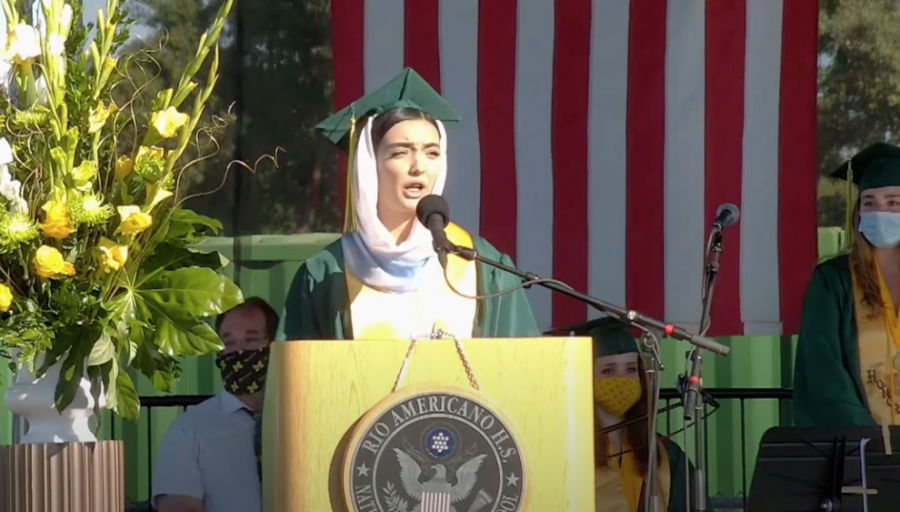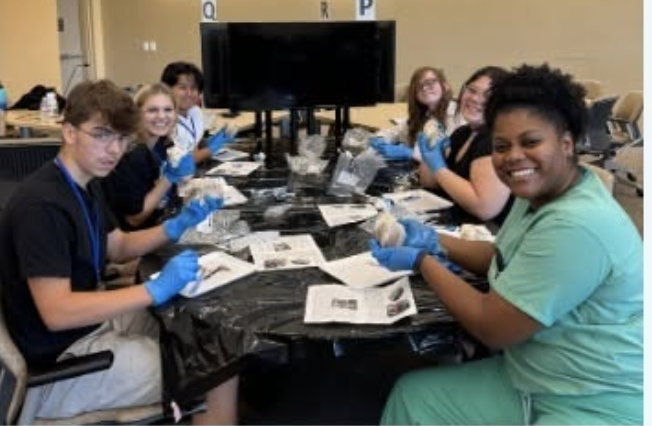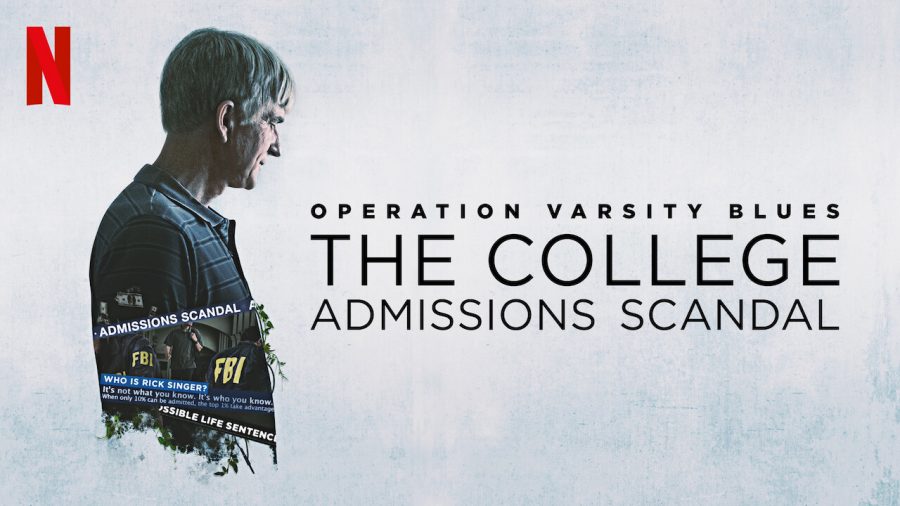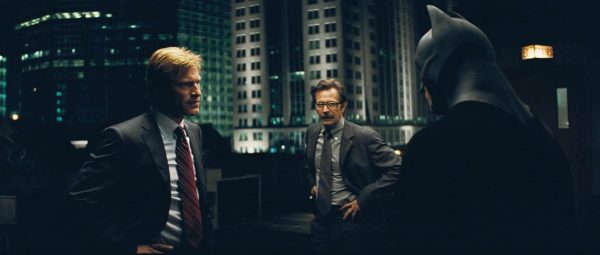Operation Varsity Blues: The Disturbing Reality of College Admissions
While there have been countless college admission scandals over the years, none have been quite like the 2019 Varsity Blues scandal— the largest of its kind ever to be prosecuted by the Department of Justice.
Last month, Netflix released a documentary called “Operation Varsity Blues: The College Admissions Scandal,” which tells the story of Sacramento-based college admissions counselor Rick Singer and his elaborate scheme to get the uber-rich into America’s most prestigious universities. The film, which uses real FBI transcripts obtained from different wiretaps, exposes both the harsh realities of prestigious schools as well as the powers and entitlements of wealth in American society.
The combination of professional interviews with dramatic reenactments and real-life witnesses is what makes this documentary so gripping and unique. During the entirety of the scandal — at least when the wiretaps began — Singer and other members of the guilty party were scripting a screenplay which they had no knowledge of.
Matthew Modine, who casts Singer in the film, embodies an emotionless, unpersonable workaholic who is constantly arranging his next business transaction. Throughout the documentary, Modine, as Singer, is constantly taking phone calls during which he assures his clients that only he is capable of getting their kid into a top school — at a massive price.
Here’s where the viewers get outraged: Singer’s bribe strategy, which he infamously trademarked the “side-door method,” seems so overt that it should’ve been terminated the year it began.
Singer used two options, his first being that he would donate a huge sum of money to a certain university’s athletic program and then pass off his client as a qualified athlete when in reality they did not even play the sport they were “committed” for. In one scene, Singer was photoshopping his client’s faces onto the bodies of athletes and submitting those images to the university his client is trying to attend.
Singer’s second strategy involved bribing standardized test administrators to essentially let his client cheat on the exam. In one particularly clever scene, Singer paid the SAT administrator to change the score for one of his clients so they scored above a 1500.
In another case, Singer told his client to get tested for a learning ability and “act stupid” so that that they could get extended time on the exam and the proctor would turn a blind eye.
Arguably the most vexing talking point that comes out of this film is the appearance of prestigious schools as mere status symbols for America’s wealthiest families. For many, an Ivy League or other prestigious educational institution can be a ticket to a life full of opportunities. Instead, these hard-working and qualified students are being pushed over a wall of privilege in exchange for the wealthy paying their way into these schools.
Not only did nothing beneficial come out of this scandal, but if anything, it made these prestigious private institutions look even better.
“This scandal is not necessarily a reason for colleges to change their ways,” said Daniel Golden, a Boston-based award-winning investigative journalist. “It makes the colleges seem more exclusive and desirable than ever. If all these rich people are willing to go to these incredible lengths and risk jail time just to get their kids into these colleges, then they must be extremely valuable.”
“Operation Varsity Blues” does a tremendous job exposing the greed of America’s wealthiest families and the power that the idea of prestige holds. Especially for those applying to colleges, the film is worth the watch.








































